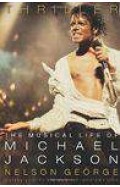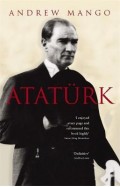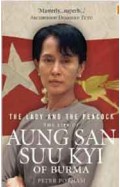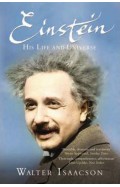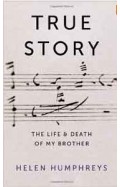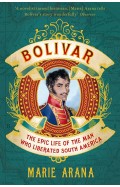- Home
- Non Fiction
- Biography/Autobiography
- No Way But Gentlenesse: A Memoir of How Kes, My Kestrel, Changed My Life
No Way But Gentlenesse: A Memoir of How Kes, My Kestrel, Changed My Life
By: Richard Hines
-
Rs 537.75
- Rs 1,195.00
- 55%
You save Rs 657.25.
Due to constant currency fluctuation, prices are subject to change with or without notice.
“There is no way but gentlenesse to redeeme a Hawke” Edmund Bert, 1619 Born and raised in the South Yorkshire mining village of Hoyland Common, Richard Hines remembers sliding down heaps of coal dust, listening out for the colliery siren at the end of shifts and praying for his father’s safe return. It seemed all too likely that he would follow in his father's footsteps and end up working in the pits, especially when to his mother’s horror and his own he failed the 11+, so that unlike his older brother Barry, who had passed the exam to grammar school and who seemed to be heading for great things, Richard was left without hope of academic achievement. Crushed by this and persecuted by the cruelty of his teachers, Richard spent his time in the fields and meadows just beyond the colliery slag heap. One morning, walking in the grounds of a ruined medieval manor, he came across a nest of kestrels. Instantly captivated, he sought out ancient falconry texts from the local library and pored over the strange and beautiful language there. With just these books, some ingenuity and his profound respect for the hawk’s indomitable wildness, Richard learned to “man” or train, his kestrel, Kes and in the process grow into the man he would become. Richard and his experiences with kestrels inspired Barry’s classic novel A Kestrel for a Knave. When production began on what would become Ken Loach’s iconic film Kes, Richard found himself training the kestrels that would soar on screen and into cinematic history. No Way But Gentlenesse is a superb, moving memoir of one remarkable boy’s love for a forgotten culture and his attempt to find salvation in the natural world.
“There is no way but gentlenesse to redeeme a Hawke” Edmund Bert, 1619 Born and raised in the South Yorkshire mining village of Hoyland Common, Richard Hines remembers sliding down heaps of coal dust, listening out for the colliery siren at the end of shifts and praying for his father’s safe return. It seemed all too likely that he would follow in his father's footsteps and end up working in the pits, especially when to his mother’s horror and his own he failed the 11+, so that unlike his older brother Barry, who had passed the exam to grammar school and who seemed to be heading for great things, Richard was left without hope of academic achievement. Crushed by this and persecuted by the cruelty of his teachers, Richard spent his time in the fields and meadows just beyond the colliery slag heap. One morning, walking in the grounds of a ruined medieval manor, he came across a nest of kestrels. Instantly captivated, he sought out ancient falconry texts from the local library and pored over the strange and beautiful language there. With just these books, some ingenuity and his profound respect for the hawk’s indomitable wildness, Richard learned to “man” or train, his kestrel, Kes and in the process grow into the man he would become. Richard and his experiences with kestrels inspired Barry’s classic novel A Kestrel for a Knave. When production began on what would become Ken Loach’s iconic film Kes, Richard found himself training the kestrels that would soar on screen and into cinematic history. No Way But Gentlenesse is a superb, moving memoir of one remarkable boy’s love for a forgotten culture and his attempt to find salvation in the natural world.
No Way But Gentlenesse: A Memoir of How Kes, My Kestrel, Changed My Life
By: Richard Hines
Rs 537.75 Rs 1,195.00 Ex Tax :Rs 537.75
Zubin Mehta: A Musical Journey (An Authorized Biography)
By: VOID - Bakhtiar K. Dadabhoy
Rs 472.50 Rs 1,050.00 Ex Tax :Rs 472.50
The Lady And The Peaok The Life of Aung San Suu Kyi of Burma
By: Peter Popham
Rs 492.25 Rs 895.00 Ex Tax :Rs 492.25
Einstein His Life and Universe - (PB)
By: Walter Isaacson
Rs 2,605.50 Rs 2,895.00 Ex Tax :Rs 2,605.50
True Story On the Life and Death of My Brother
By: Helen Humphreys
Rs 2,747.25 Rs 4,995.00 Ex Tax :Rs 2,747.25
Bolivar The Epic Life of the Man Who Liberated South America
By: Marie Arana
Rs 1,796.25 Rs 2,395.00 Ex Tax :Rs 1,796.25
No similar books from this author available at the moment.
No recently viewed books available at the moment.
Zubin Mehta: A Musical Journey (An Authorized Biography)
By: VOID - Bakhtiar K. Dadabhoy
Rs 472.50 Rs 1,050.00 Ex Tax :Rs 472.50
No Way But Gentlenesse: A Memoir of How Kes, My Kestrel, Changed My Life
By: Richard Hines
Rs 537.75 Rs 1,195.00 Ex Tax :Rs 537.75












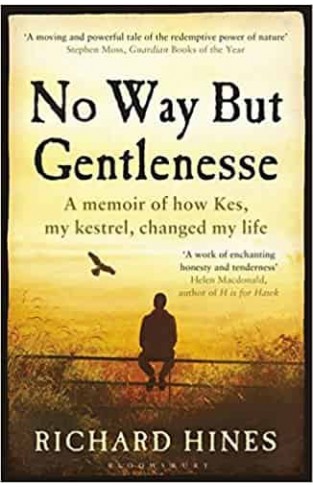
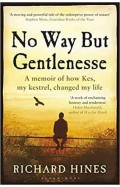
-120x187.jpg?q6)





